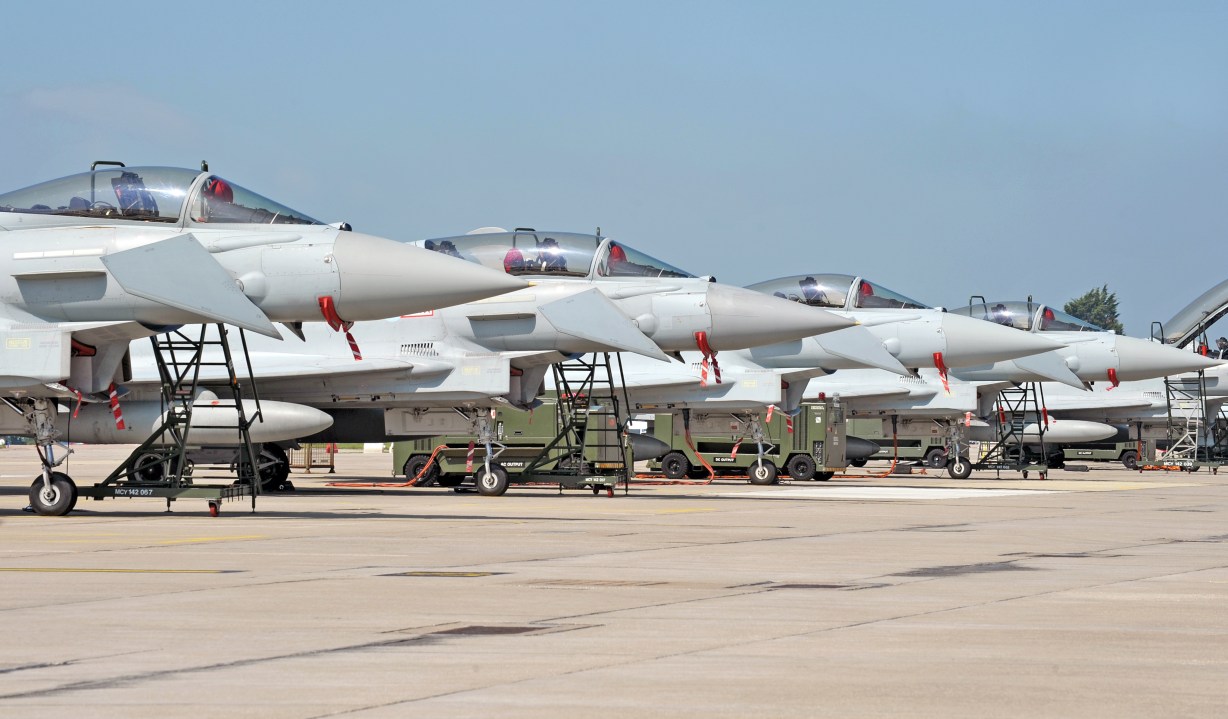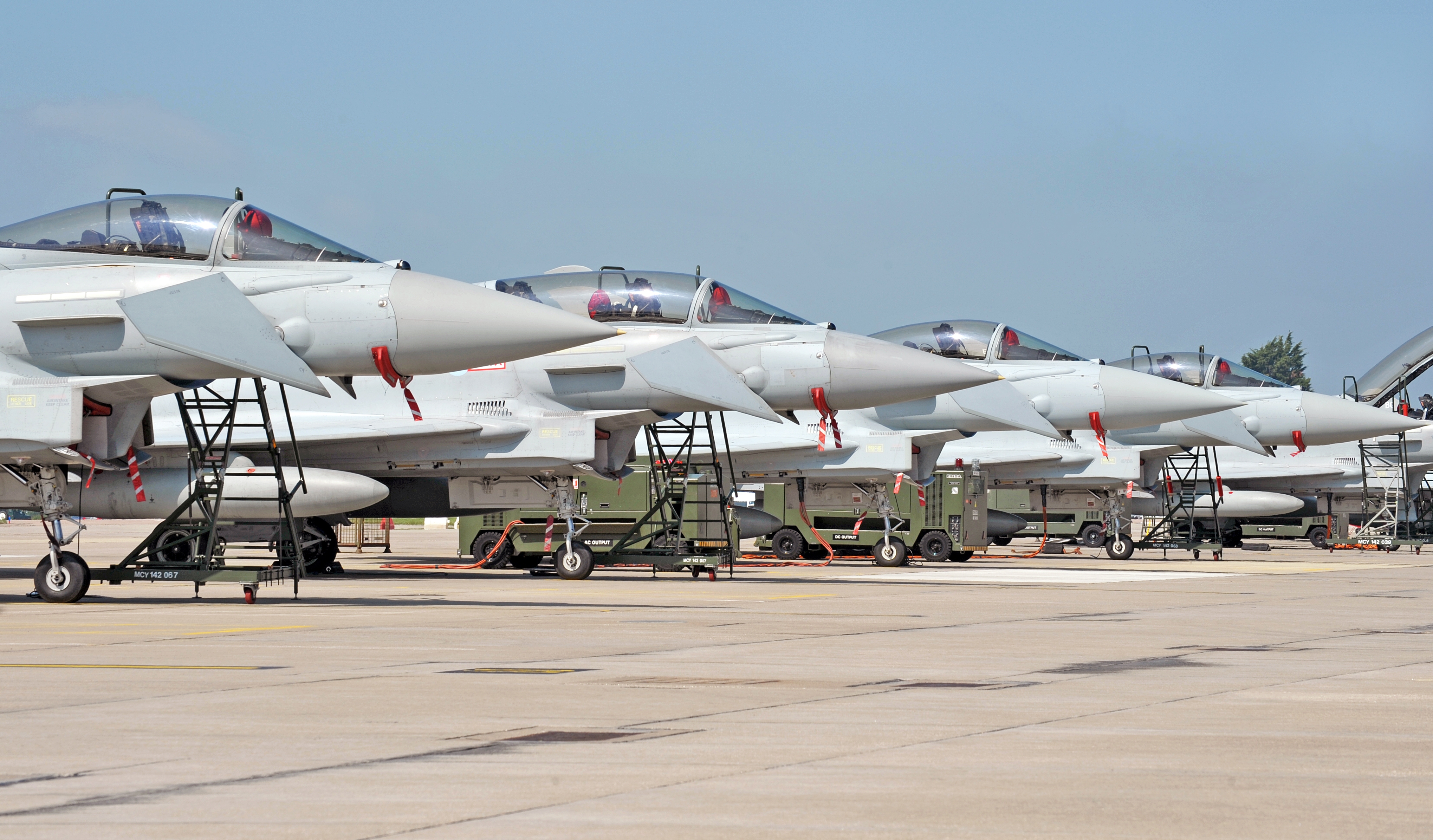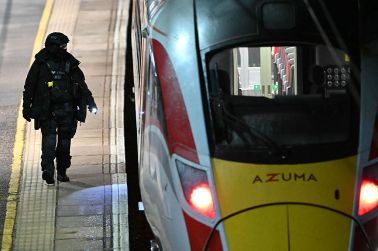The UK has committed to its biggest defence project in a generation: the development of a sixth-generation fighter jet. The government says the project, dubbed Team Tempest, will secure Britain’s status as a leading military power after Brexit. It also says the jet will make use of space-ace technologies – including x-ray vision for pilots – to provide one of the most powerful defence capabilities on earth.
Team Tempest Future Combat Air System concept. Picture courtesy of BAE Systems[/caption]
But with the Ministry of Defence already strapped for cash, is the project feasible? Can the UK afford to keep its existing commitments – like the purchase of 140 new F-35s from America? And will Brexit make it more difficult to find European partners?
And what about the security landscape? Just who are these fighter jets intended to deter? What use will it be against emerging threats – cyber-attacks and terrorism – which come from outside the traditional state order?
The Spectator brought together leading experts in the field for a podcast and roundtable lunch to discuss these questions and more. On the podcast, Fraser Nelson spoke to Sir Roger Carr, chairman of BAE Systems, the company which intends to develop the jet and who are sponsoring the podcast and roundtable; Vice-Marshal Simon Rochelle, the chief of staff capability for the Royal Air Force; and Douglas Barrie, an independent analyst with the defence think tank IISS.







Comments